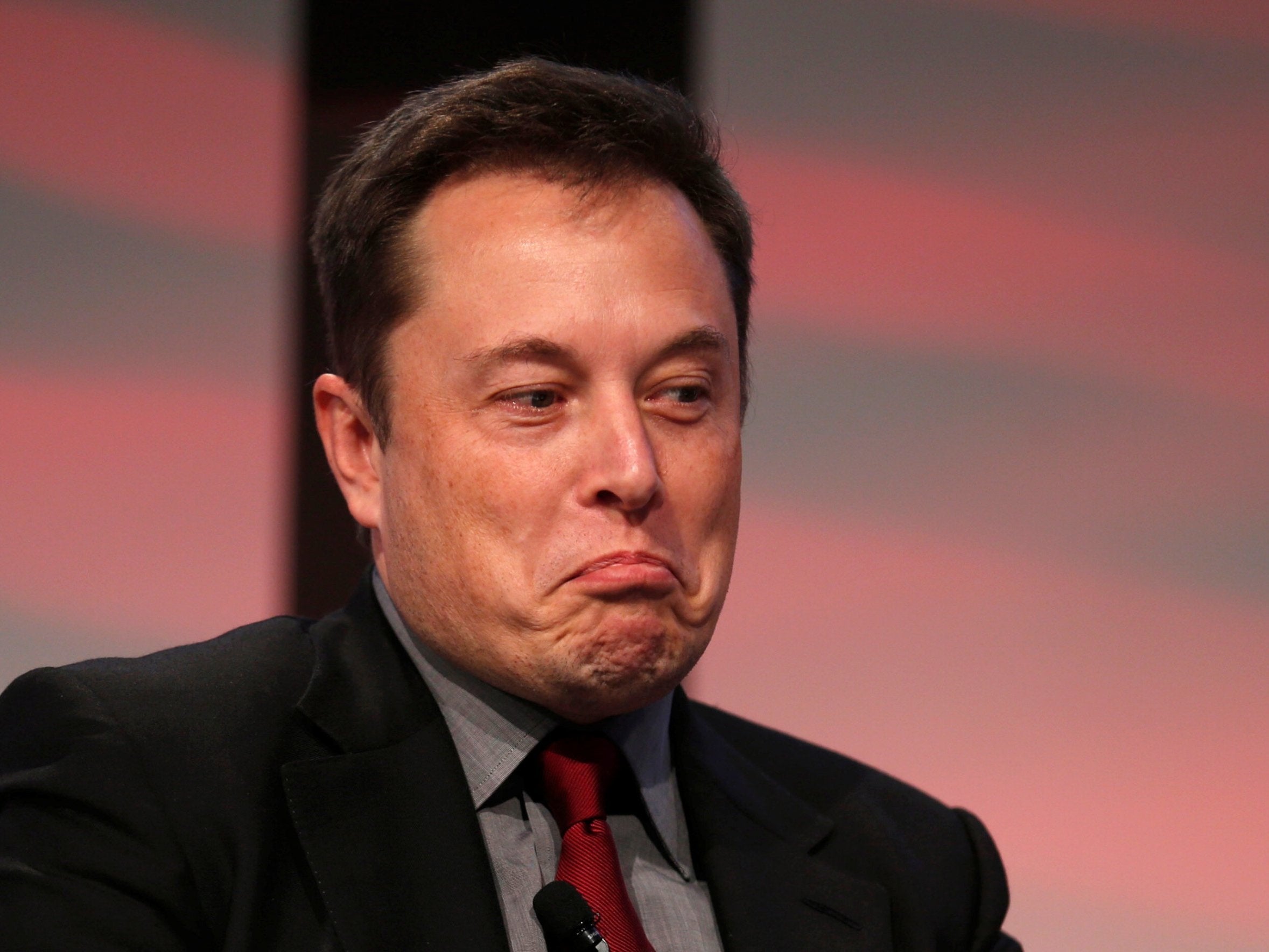Elon Musk reveals bizarre tactic used to get Tesla trademark
‘We sent the nicest person in the company to sit on his doorstep until he at least talked to us’

Tesla boss Elon Musk has revealed how close his company came to being called Faraday after struggling to obtain the trademark for the name.
The Tesla Motors name was trademarked in 1994 by a man named Brad Siewart, who was unwilling to sell to Mr Musk's company when they approached him in 2004.
"Tesla was almost called Faraday, as original holder of Tesla Motors trademark refused to sell it to us," the Tesla CEO tweeted on Sunday.
"We sent the nicest person in the company to sit on his doorstep until he at least talked to us and then he said yes."
The cost of the trademark was $75,000, which might seem like a bargain considering Tesla's current market cap of around $60 billion. The name Faraday was eventually used by a rival electric car startup established in 2014.
Tesla Motors eventually shortened its name to just Tesla in 2017, but also faced difficulties obtaining the website address for Tesla.com.
The purchase of the domain cost $11 million and took over a decade to secure. The renaming allowed the company to reflect that it no longer just made vehicles but also manufactured solar panels, batteries and software.
Mr Musk recently unveiled the Cybertruck, the firm's sixth model built to offer a brand new category of electric vehicle.
Unlike traditional pickup trucks, the Tesla Cybertruck is built with an exoskeleton design made possible through not needing a fuel engine. Tesla said it had entered “a new class of strength, speed and versatility – only possible with an all-electric design”.
He added: “Trucks have been the same for like 100 years. We need something different and we need sustainable energy now. To solve sustainable energy we have to have a pickup truck.”
Join our commenting forum
Join thought-provoking conversations, follow other Independent readers and see their replies
Comments